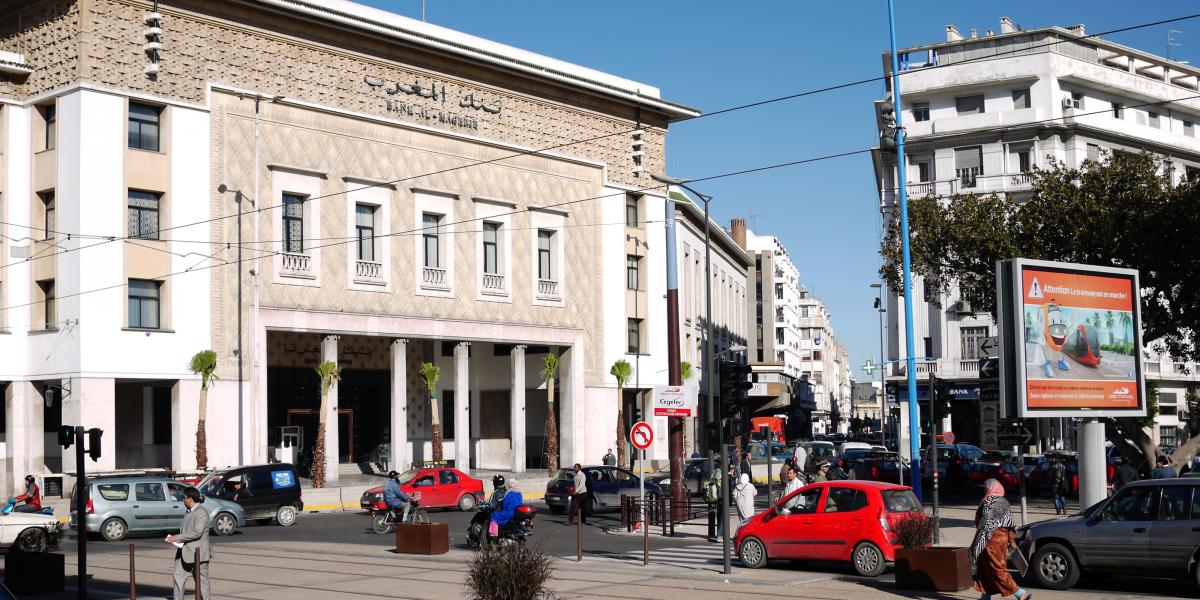South Africa : Big jump in South Africans signing up for Netflix and other streaming services – but its a slow goodbye to DStv
- 18 July 2022 / News / 463 / Fares RAHAHLIA

Data from FNB shows that consumer spend on audio and video streaming services such as Netflix, Amazon Prime, Spotify and YouTube has increased by approximately 70% from the period before Covid-19 to June 2022.
Raj Makanjee, chief executive of FNB Retail, said the bank’s retail customers spend up to R190 million per month on audio and video streaming subscriptions.
“The flexibility of these platforms allows families to customise their own experience and playlists, with the convenience of consuming content whenever they want. The use of content-on-demand platforms is likely to continue as more providers introduce services to give consumers more choice.”
This aligns with data from debt advisory service DebtSafe which shows that pay-TV services – including DSTV, Netflix and ShowMax – consistently feature as one of the top monthly expense items for households in South Africa, only ranking below rental/bond costs, fuel expenses and food.
Goodbye DStv
While DStv remains an ever-present force in South Africa, the pay-TV operator has seen comparatively less spending in recent years as consumers consider newer platforms and tailored content.
An analysis by MyBroadband found that MultiChoice continues to hike DStv prices annually even as it bleeds its most valuable subscribers, and despite the growing competition from more affordable video streaming services.
The satellite TV broadcaster has dominated home entertainment for decades, due to a lack of competition. Its de facto monopoly over video entertainment and premium sports broadcasting allowed it to increase prices yearly, with little to no threat of customers leaving.
Increasing competition has forced MultiChoice to consider new platforms and products. In its 2021/2022 financial year, it also saw a reduction in its mid-tier customer base on the Compact, Family, and Extra packages.
The increase in low-end subscribers on its Access and EasyView packages has not been enough to compensate for its losses in the premium and mid-tier segments.
MultiChoice has been forced to hike prices to try and maintain a healthy average revenue per user (ARPU) and ensure continued profitability.
source: businesstech
 English
English
 français
français
 العربية
العربية







